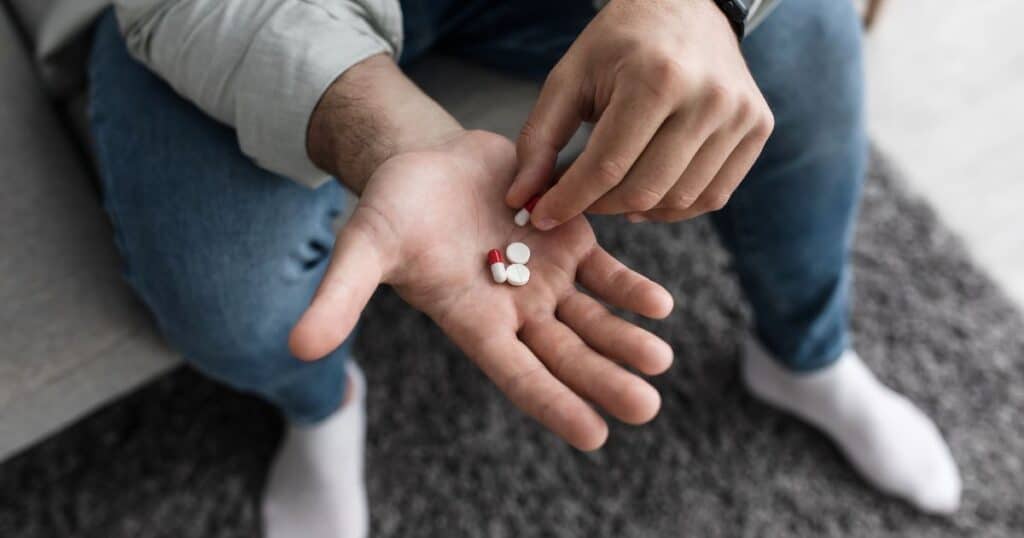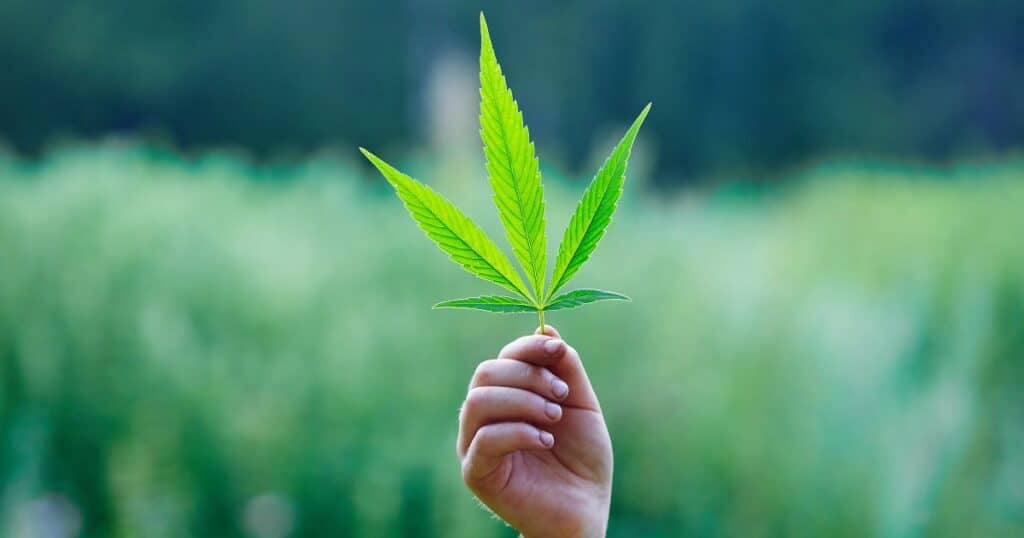The approach to drug overdose management has evolved in recent years, focusing on harm reduction strategies. One interesting intervention is the distribution of cannabis to reduce overdose deaths and enhance the well-being of substance users.
This proposition doesn’t just hover in the theoretical sphere of harm reduction anymore; a study published in the Harm Reduction Journal presents evidence supporting the deployment of giving out cannabis from donation programs and its success in reducing the use and cravings for more harmful substances among its participants.

The study, conducted over a 20-month period from September 2021 through May 2023, involved a cannabis donation initiative at a rural harm reduction organization in Michigan. In this endeavor, ten cannabis-experienced participants received free weekly supplies of cannabis through a careful clinical vetting process, with clinicians determining interest and appropriateness.
The data from this program didn’t just reveal the feasibility of such a harm-reduction strategy but also offered an insightful comparison with conventional cannabis sales models. Contrary to the preconceived notion that donating cannabis is unsustainable, the research indicated that, in fact, it only constituted a mere 1% of gross sales and was far more manageable than expected.
Stories of Human Recovery
Digging deeper into the individual experiences, the study revealed compelling narratives of how this approach significantly impacted the lives of those undergoing the struggle of substance use disorders. Participants described a decrease in the use and cravings for more potent substances, an improvement in sleep patterns, and better management of withdrawal symptoms.
During the study, a participant over 50 years old underwent spinal fusion neck surgery involving the insertion of two steel rods, three connectors, and six bolts around five months into the research. This individual had refrained from opioid use for two years before the operation, verified by mandated urine drug screenings, yet faced challenges in resisting alcohol consumption. With the aid of donated cannabis products, they successfully abstained from alcohol post-surgery and maintained sobriety. The participant appreciated the pain relief provided by cannabis pain cream, vape cartridges, and smoking flower.
In another life-altering scenario, a pregnant homeless woman, initially dependent on methamphetamines and opioids, reported a significant reduction in her use of these drugs and collaborated with program staff to transition to medications for opioid use disorder (MOUD) during her pregnancy.
Shifting the Model of Substance Misuse Treatment
The study’s findings illuminate the potential of cannabis not only as an individual-level intervention but also as a public health tool. Engaging in an open dialogue regarding this approach is a crucial step toward mitigating the stigma around cannabis and understanding its significant role in the landscape of harm reduction. The implication for future policies and practices is huge, promising a more inclusive and potentially effective arsenal in the battle against substance misuse.
The study concluded saying, “Despite billions spent at federal, state, and local levels, the US continues to face a drug overdose public health crisis. As illustrated in this case study, cannabis donation through harm reduction is happening in the US. While the policies surrounding the regulation and distribution of cannabis can still present barriers towards this practice”
“Harm reduction staff working in the field see the potential benefits of cannabis, which include reduced premature death, improved quality of life, pain moderation, increased recovery outcomes, and improved safety for clients and community.”
The authors of the study have called for further research into cannabis donation as a harm reduction approach, emphasizing the need to address individual-level outcomes, public health impacts, legal considerations, and best practices. Until there’s a comprehensive review, The study acts as an example not only for substance misuse treatment but also for the humanistic approach that centers on the safety and well-being of those struggling with addiction.
Help Health Professionals?
From the standpoint of healthcare professionals, the integration of cannabis in harm reduction strategies provides an additional tool to their existing toolkit. The reported benefits of reduced mortality, improved quality of life, and heightened safety for patients and the community are compelling reasons to explore cannabis through a new lens.
Healthcare systems should be primed for changes in policy and practice that incorporate cannabis within the fabric of harm reduction programs. This necessitates an open-minded approach, continuous education, and training for healthcare providers, and the establishment of new guidelines to ensure safe and effective administration.

In essence, this study explains the promising results of donating cannabis as a substantive harm reduction measure in the fight against addiction and overdoses. The findings challenge traditional narratives and reveal that the cost of these donations represents a mere 1% of gross sales, illustrating a sustainable model that could be replicated across the cannabis industry without significant financial burden.
This small investment could yield considerable societal benefits, underscoring cannabis’s potential as a versatile aid in public health strategies, particularly in addiction treatment and overdose prevention. The study not only opens the door to reevaluating the role of cannabis in therapeutic contexts but also highlights the imperative for a paradigm shift in our approach to drug policy and harm reduction.
If adopted more broadly, cannabis donation programs could emerge as a critical component in the arsenal against the overdose crisis, exemplifying yet another area where cannabis proves its multifaceted utility in advancing public health.
- Chicago Police Department Revises Policy on Searches Based Solely on Marijuana Odor
- Ohio’s Senate Bill 56 Postponed, Leaving Details of Issue 2 Still Unresolved
- Sports Stars and Well Known Entertainers Join Forces Calling on Trump for Cannabis Reform
- Pinsky and the Brain: Bill White on His Journey to Consulting in Cannabis
- Delaware’s Recreational Cannabis Market Finally Set to Launch After Years of Challenges
- Excise Tax Increase to 19% and Its Impact on California Retailers














